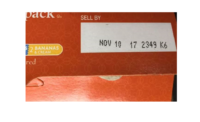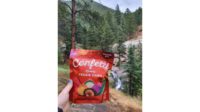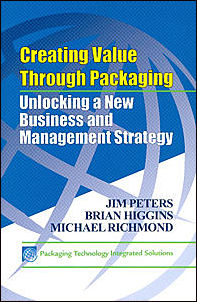Foodservice Packaging Study Aims to Clarify Communication on Recycling Outreach

What terminology, instructions and images most effectively increase quality recycling?
That was the objective of a recently conducted web-based survey by the Foodservice Packaging Institute. The survey sought to learn where residents get recycling information and the impact of language on recycling behavior.
“The FPI survey aimed to re-create the moment a resident decides to recycle an item,” said Lynn Dyer, president of FPI. “We showed survey participants photos of cups, containers, boxes and bags to find out how language on foodservice packaging material impacts people’s curbside behavior.”
General key takeaways from the survey included the importance of using:
- Common language rather than industry jargon when describing recycling materials (e.g., calling an item a “plastic container,” not a “clamshell container”).
- Clear, easy to understand words when providing instruction, such as “empty” and “clean.”
- Visuals that are grouped by materials to emphasize acceptable recycling practices.
The online survey was completed by 1,000 U.S. homeowners, making it a statistically significant national sample. The survey had an even distribution of male and female respondents. Overall, 51 percent of respondents said a city, county or recycling company’s website was the most relied-upon source for seeking recycling information. Respondents ages 18 to 34 also preferred the website, with social media as a strong second choice.
“As more communities consider adding foodservice packaging to their recycling programs, we wanted to develop valuable guidance for recycling coordinators and residents. The results of this survey will help us do just that,” said Dyer, who recently hosted a webinar to review the survey findings.
FPI partnered with Keep America Beautiful and The Recycling Partnership to present the webinar, which also reviewed best practices for recycling. The webinar, entitled “How Clear Are Your Recycling Outreach Materials?” was timed around “America Recycles Day,” each year on November 15.
The webinar presentation and full survey results are available at www.RecycleFSP.org/communities.
Looking for a reprint of this article?
From high-res PDFs to custom plaques, order your copy today!









